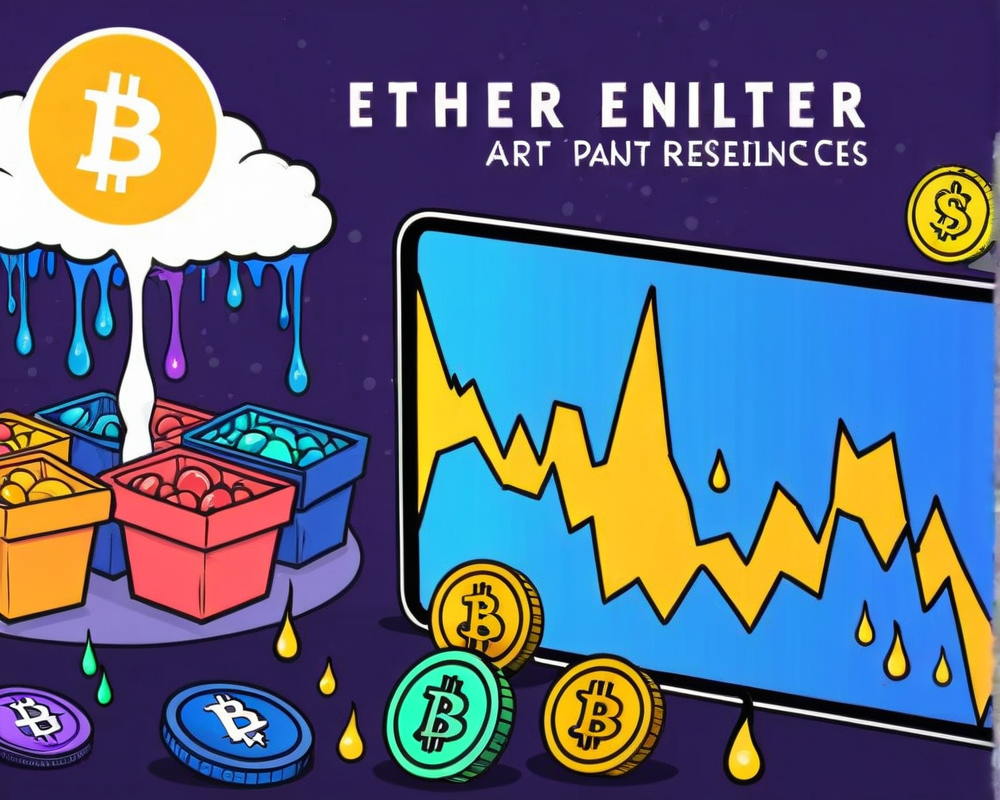The Rising Tide of Gas Fees
Transaction costs on the Ethereum blockchain are skyrocketing, and let’s face it—no one is being shy about it. Everyone’s talking about it like it’s the latest gossip at a high school reunion. While decentralized finance (DeFi) platforms might take some blame, the real culprit is lurking in the shadows: the institutions using multisignature (multisig) platforms. Businesses are crying foul, but guess what? Multisig is not as innocent as it looks.
What Happened to Multisig?
Once revered as the golden standard of securing digital assets, multisig has faced its fair share of existential crises. Remember when it was the cool kid on the block? Well, now, it’s like that old band playing the same song on repeat. Institutions are hitting the ‘next’ button, fantasizing about alternatives like multiparty computation (MPC), which promises a smoother, less costly ride.
The Gas Guzzling Multisig Process
Let’s break it down. Imagine setting up a multisig wallet as a smart contract. An act that, by all means, should be simple—if it wasn’t for the gas fees. Creating these wallets devours around 1 million gas units (roughly $30 based on the current rates). Just for the privilege of having a wallet! Not to mention withdrawals and deposits which shoot up gas costs to over 100,000 units each time. A price to be part of the club, right?
Attribution Issues
And as if that wasn’t enough, here comes the plot twist: attribution. If an exchange wants to track which clients are funneling in their money, they have to whip up unique receive addresses. Seems easy? Try again. Ethereum has a knack for complicating things with its restriction on multiple inputs in transactions. Institutions often resort to using forwarding contracts, amassing even more fees and further congesting the blockchain, turning a simple acknowledgment into a costly affair.
Crunching The Numbers
Let’s say a brand-new exchange is born, ready to tackle the crypto world. Each client could cost them $6 just to sign up and create a new receive address. That’s a nice chunk of change—not something you’d want to overlook, right? Especially when you consider that Coinbase, with its 35 million customers, could be staring down a whopping $245 million price tag just to set up a multisig system. Talk about a premium customer acquisition cost!
A Way Out
As the crypto market matures, fees have become a pressing concern. What’s the answer, you ask? Well, institutions might want to pivot their focus, ditching those hefty fees and turning to alternatives that don’t anchor them down with gas fees tied to Ethereum’s multisig infrastructure. Exploring different systems could help clear the congestion on Ethereum, paving the way for a more efficient future.
So, next time you hear about Ethereum’s gas fees climbing like a teenager running late for school, remember—it’s not just about the DeFi platforms; it’s also about the institutions caught up in the chaotic mesh of multisig platforms and their ever-rising costs. Time to rethink, recalibrate, and maybe even reshape what security looks like on the blockchain!




